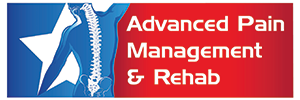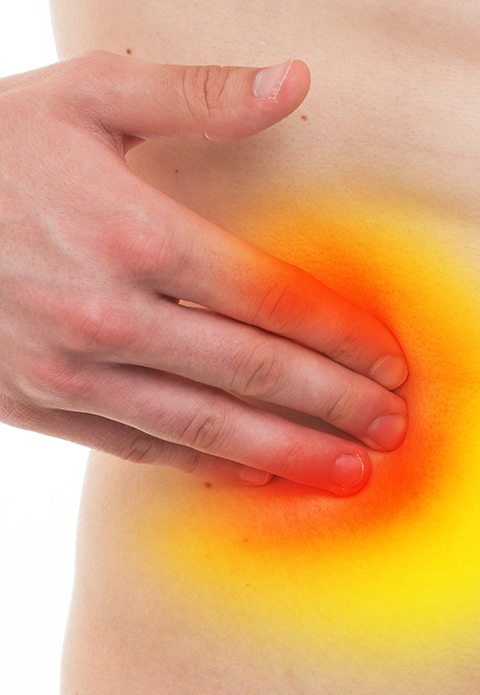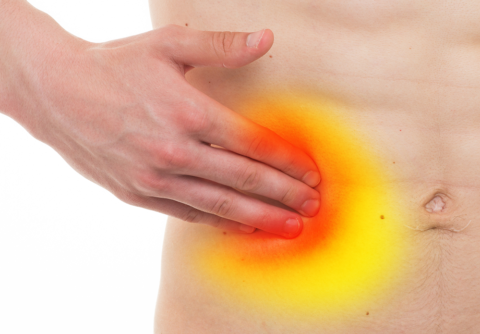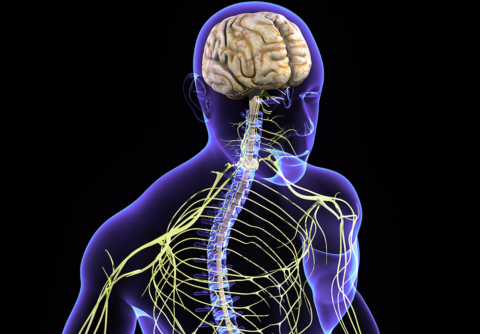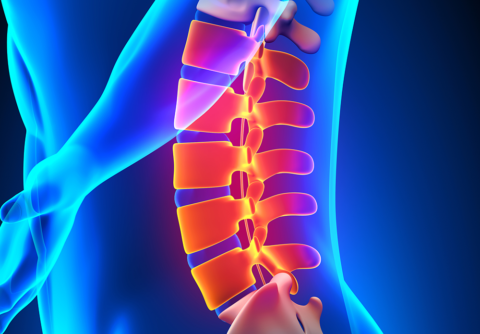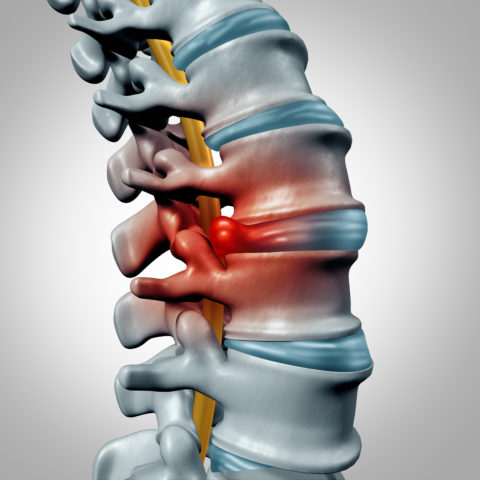At one point or another, we have all dealt with episodic abdominal pain, but when these episodes become persistent and chronic in nature, they can lead to significant impact on function and well being. Some common causes of abdominal pain include inflammatory bowel disease (Ulcerative colitis and Crohn’s disease, gastroenteritis, constipation, appendicitis, ovarian cyst rupture, diverticulitis, urinary tract infection, stomach ulcers, liver disease, and there are many others. Abdominal pain can also be the result of pain referred to the abdomen from other structures, such as the back, chest, or pelvis. Most cases of abdominal pain are acute, and improve with appropriate treatment (conservative therapy, medications or surgery). There are some conditions which may result in chronic abdominal pain. Post surgical pain from the development of scar tissue or adhesions, inflammatory bowl conditions such as Crohn’s Disease or ulcerative colitis, Chronic pancreatitis, endometriosis and other conditions can lead to chronic abdominal pain. In some cases a clear source of the abdominal pain cannot be identified.
Some red flags to look for and should prompt consultation with your physician are: Fever, severe tenderness of the belly, a rigid or swollen abdomen, diarrhea, persistent constipation, blood in the stool, persistent nausea and vomiting or a jaundice appearance.
